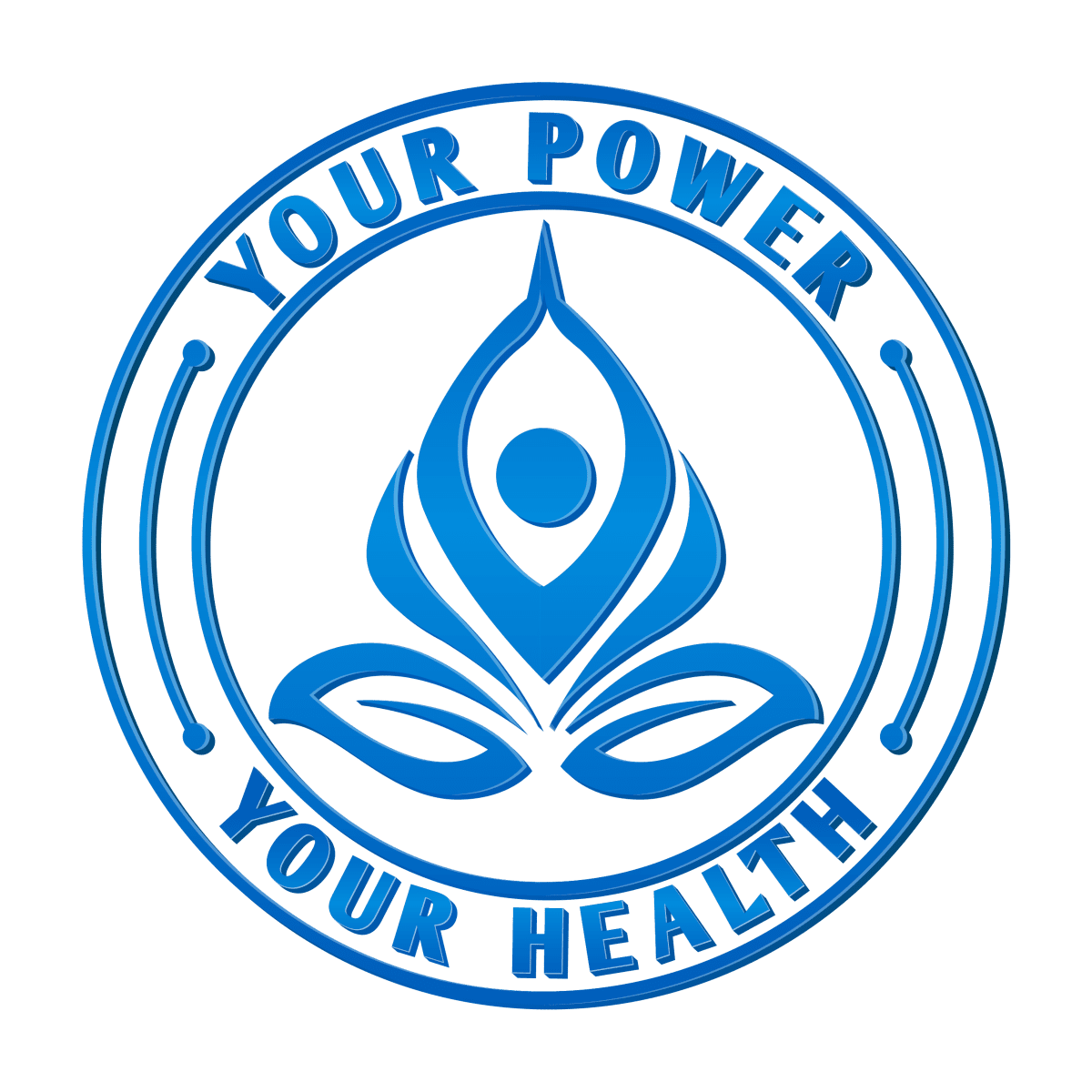A question I often get from my clients is whether drinking coffee is good for them. For me, it isn’t my best choice so I choose not to drink it. When I was undergoing chemo in 2010, I lost my taste for it and never went back.
There are a number of reasons to limit or even avoid drinking coffee but there is another school of thought that says coffee is good for you. I’ll give you the bad news first.
The Bad News
- Coffee contains caffeine and caffeine is addictive. Even decaf coffee has caffeine in it so beware.
- Caffeine increases stress levels which will increase cortisol production, causing adrenal fatigue, weight gain, hormone imbalance, etc.
- Excess coffee consumption can cause dehydration which may show up in the skin as dry, dull, scaly patches. Dehydration also contributes to fatigue, elimination problems, joint pain, etc.
- Coffee can bring on gastrointestinal issues like heartburn and stomach ulcers. It can also cause constipation in some people.
- Caffeine being constantly present in your body can affect the central nervous system and increase the heart rate and adrenaline production. If you couple this with the dehydration mentioned earlier, you can wind up with headaches, the jitters, sleeplessness and sleep hallucinations.
- Excess caffeine consumption can lead to sleeplessness or interrupted sleep. If you have trouble sleeping, it’s a good idea to limit your caffeine consumption from any source.
The Good News
- Moderate coffee consumption may help reduce the risk of developing Alzheimers and dementia
- Coffee supplies antioxidants that may support brain health, prevent damage to brain cells and increase the effects of the neurotransmitters used for cognitive function
- Coffee and tea consumption seems to help reduce the risk of glioma, a particular type of brain cancer
- Researchers believe that there may be DNA repairing compounds in coffee that may help to reduce the risk of some cancers by keeping the repaired cells from turning cancerous
- Regular coffee consumption may help to reduce the risk of developing Type-2 diabetes by increasing cellular sensitivity to insulin. It is believed that decaf coffee is more effective in this area because sometimes caffeine can have the opposite effect on insulin sensitivity.
- There is evidence to support the moderate consumption of coffee may reduce the risk of stroke but too much coffee can increase the risk of cardiovascular disease
- Early studies indicate that coffee may protect the liver from cirrhosis and liver cancer. Again this is due to the rich supply of antioxidants present in coffee.
I believe you can safely consume coffee in moderation as too much of anything, including anything good, can be detrimental to your overall good health. Sometimes the worst part of the coffee is all the stuff we put in it. If you are drinking a sugar and heavy cream laden milkshake-like coffee beverage every day, that may not be in your best interest. Even using artificial sweetener isn’t going to save you from that awful choice because artificial sweeteners can cause their own problems, which will be the topic of a later post.
If you choose to drink coffee, I would avoid the fancy mocha latte frappuccino caramel macchiato whipped cream covered desserts the chains sell. Stick with regular coffee, either caffeinated or decaf. Sweeten if you must, with Stevia and if you need milk, stick with a non-dairy nut milk. Limit your intake to four cups per day, which is 32 ounces, not four of those giant-sized cups you get from a takeout place.
If caffeine causes you to develop cravings as it did for me back then, I would limit consumption to even less than four cups. There is no need to poke that bear. And of course, if you need support, you know where to find me.
As a health coach, I work with women who are facing serious health challenges like heart disease, metabolic syndrome and diabetes or who have been diagnosed as having a precursor to a serious health issue such as high blood pressure, high cholesterol or high blood sugar. I help them make food and lifestyle changes so they can get healthy, live longer and enjoy a fuller, happier, more energetic life. If you would like to have a free consultation about the health challenges you have and the improvements you would like to see in your health, click here to schedule a no strings attached call.






